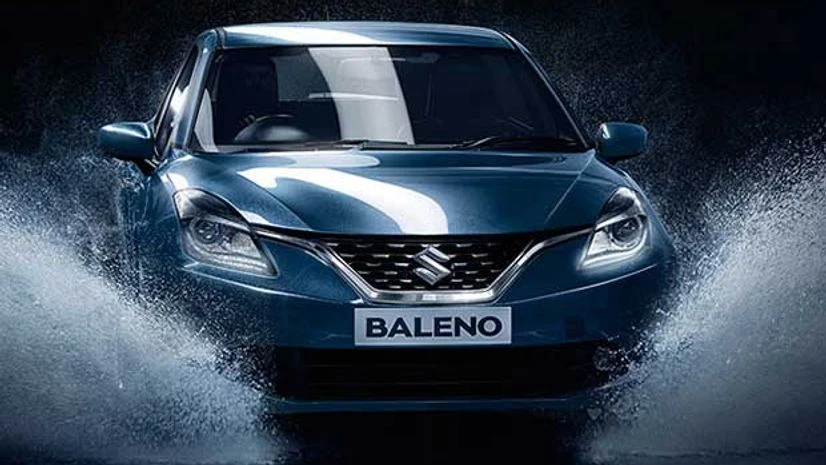Maruti Suzuki India has achieved a significant milestone by becoming the 8th most valuable automaker in the world, with a market capitalization of approximately $57.6 billion.
In this ascent, Maruti has overtaken several automotive heavyweights, including Ford, General Motors, and Volkswagen. Interestingly, it has also surpassed the valuation of its parent company, Suzuki Motor Corporation.
Key Drivers Behind the Surge
1. GST Reforms and Tax Rationalization
One of the central catalysts has been the government’s next-generation GST reforms, which favor small and entry-level cars—segments where Maruti has strong dominance. The lower tax burden has improved affordability and demand, translating into stronger volume growth.
2. Strong Performance in the Small Car Segment
More than 60 % of Maruti’s sales come from small cars, which are directly aided by the GST rate cuts. As consumer demand rebounds in this segment, Maruti stands to gain disproportionately.
3. Positive Market Sentiment & Foreign Flows
The stock has seen a sharp rally, outperforming indices and drawing increased foreign institutional investor (FII) interest.
4. Strategic Pricing & Volume Incentives
Maruti has reportedly passed on tax benefits to customers, announcing price cuts (up to ₹1.3 lakh on certain models) that boost competitive positioning. The festival season and buyer sentiments have further amplified demand.
Context: Global Auto Valuations & Comparisons
- Top 7 Automakers by Market Cap: Tesla, Toyota, BYD, Ferrari, BMW, Mercedes-Benz, Honda. Maruti now sits just below this group, at number 8. The Economic Times
- Automakers Overtaken: Maruti’s valuation now exceeds that of Ford (≈ $46.3 B), Volkswagen (≈ $55.7 B), and even its parent Suzuki (~$29 B).
- Challenges for Others: Sluggish EV transitions, supply constraints, or weakening core segments have weighed on legacy automakers, opening space for challengers like Maruti.
Implications for Maruti & the Indian Auto Industry
- Enhanced Credibility Globally: Maruti’s rise signals that an Indian automaker can compete on valuation metrics with global giants.
- Investor Confidence & Fundraising Leverage: The valuation boost could help in raising capital, exploring strategic partnerships, or investing in future technology.
- Competitive Pressure: Other Indian automakers will have to sharpen strategies—especially in pricing, cost structure, new mobility segments—to keep up.
- Tailwinds for Domestic Auto Sector: The achievement underscores the potential of policy support, favorable tax regimes, and scale in driving value creation in India’s auto industry.
Risks & Sustainability Factors to Watch
- Valuation Volatility: Market caps are influenced by sentiment; sustaining this rank requires consistent financial performance, not just favorable policies.
- Regulatory / Policy Changes: Any rollback or changes in tax norms could affect the advantage Maruti currently enjoys.
- Technological Disruption: As EVs, connected cars, and autonomous mobility evolve, Maruti must adapt or risk being outpaced.
- Cost Pressures: Commodity inflation, supply chain constraints, or currency fluctuations may erode margins.
Final Thoughts
Maruti’s move to become the 8th most valuable carmaker globally, at a valuation of $57.6 billion, marks a landmark in Indian industrial history. With policy tailwinds, strong positioning in affordable car segments, and favorable market sentiment, Maruti has capitalized well on the moment.
But the real test will lie ahead—converting this lofty valuation into sustained profitability, resilience in transition to EVs, and defending this global rank over time.



